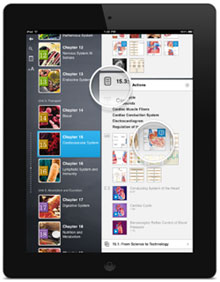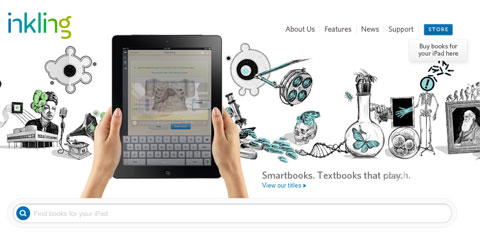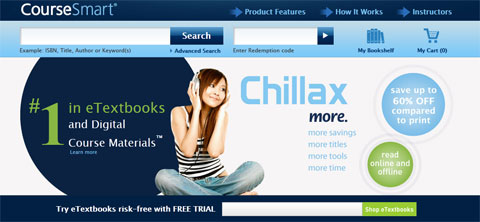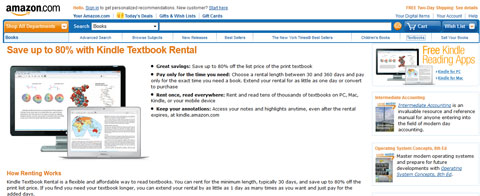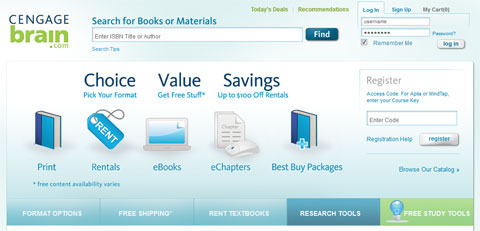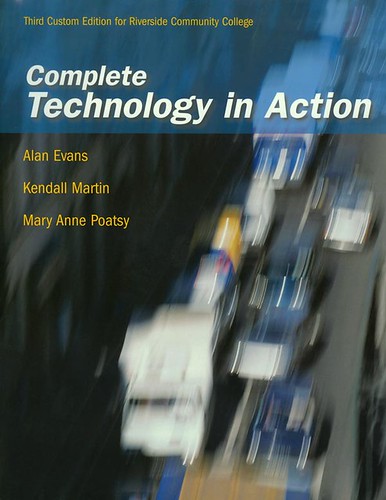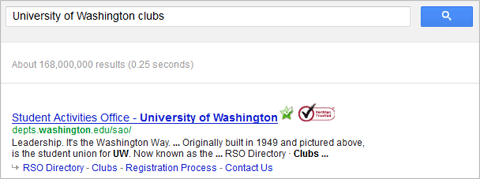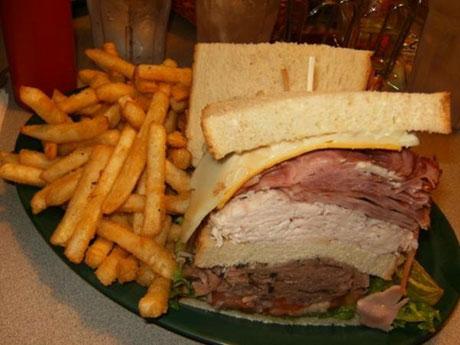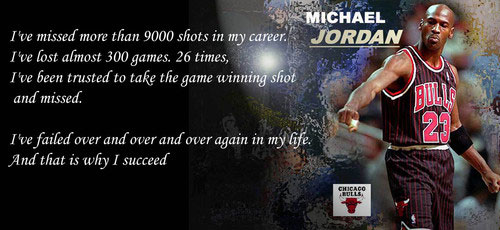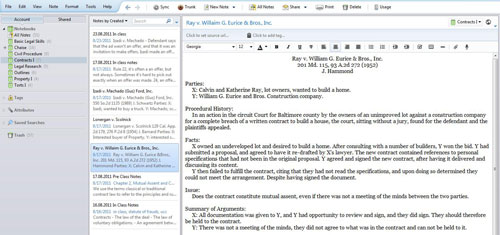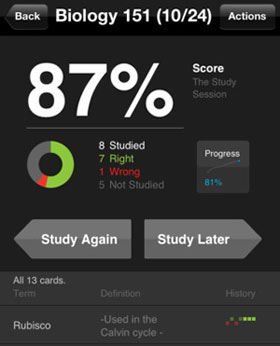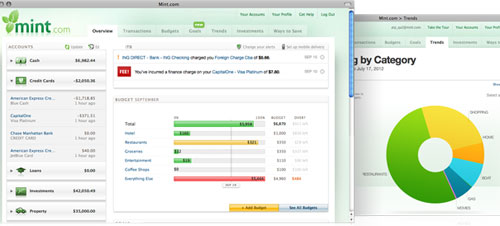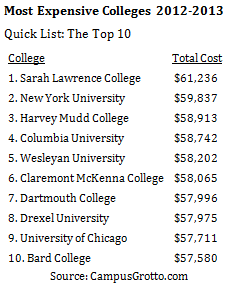Office hours are arguably the most underused resource available to students.
With that said, there is no reason why you shouldnt be using what is perhaps one of the biggest tools at your disposal to understanding the material and getting a better grade. Basically, if youre not using it, you better be getting an A on the next exam.
Office hours are your opportunity to get one-on-one instruction on course material. These are specific times that instructors (professors, TAs, etc.) set aside to make themselves available to students.
A professor will typically announce his/her office hours and location on the first day of class and in the syllabus. This information should also be available on the professors website.
A Valuable, Yet Often Underused Resource
Throughout the term you may find your professor complaining to the class about being lonely during their office hours. This is your sign that they want visitors. Here they are reaching out to offer a valuable service (that you are technically paying for) only to have it be neglected by the class.

Simply put, not enough students take advantage of office hours. Either students are too busy, too lazy, or too embarrassed and afraid they will ask a stupid question or be called out about missing the class when the information was covered.
Utilizing Office Hours
With set office hours, its comforting to know there is a time and place you will always have access to your professor.
To make the most of an office hours visit, youll need to do a little preparing beforehand. This includes coming in with specific questions and other items you would like to go over with the instructor. Keep a list of questions and concerns to discuss during your visit. This ensures your meeting will run as smoothly and quickly as possible.
The best way to prepare for this meeting is to review your class notes and attempt to do some of the homework before your visit, so you can identify exactly what it is you are having trouble with. Sometimes students are so lost they dont know where to start. This is fine and something where a few visits to office hours can get the student back on track.
Even if you don't have any questions about course material, stop by your professors office to say hi and introduce yourself. This way youll know where the office is located should you ever need to visit throughout the term and the introduction will help your professor get to know you by name. This is especially important in larger classes (but equally as important in smaller classroom settings as well). This initial introduction helps establish a connection, which could be beneficial later on. Professors are generally pretty welcoming and accommodating to students who come in for office hours.
While attending office hours is not required, if the effort isnt made to show up, you leave yourself no excuse at the end of the term when grades are dispersed and you are left with a grade you are not satisfied with.
Benefits of Using Office Hours
Straight Up: Attending office hours puts you at an advantage over other students.Students who utilize office hours often do better on exams and papers, are more satisfied with their classes, and feel more connected to their college, classroom and professor. It is an opportunity to show instructors your enthusiasm for the material. A place you can follow up on aspects of the class you find compelling by asking questions that go beyond what the lecture and textbook cover.
Help Preparing for Exams
Take advantage of office hours and discussion sections, especially before big tests. The week before exams and finals are times in which your professor will be in high demand. This is why sometimes a professor will schedule additional office hours the week before a test.
It is essential to visit during these times because professors are typically in the process of determining what will be on the exam and can give away clues about what it will cover. If you can cut out material you don't need to focus on for the upcoming exam, you'll save yourself hours of study time in exchange for the short 30min investment of time for an office hours visit. Knowing what to study (and what not to) before a test can be very beneficial when it comes time to cram for the exam.
Build a Connection
In the digital world, people are losing touch with interpersonal communication. By taking the time to go into office hours you get a face-to-face connection with your professor. Going in and personally introducing yourself helps your instructor put a name to a face, which can only be beneficial unless you plan on pulling the "Do you even know my name?" at the end of the term.
One-on-one instruction creates the prime environment to build on the student-teacher relationship. If a positive connection is established in your meetings, the professor can help with letters of recommendation, job offers/leads, and having them as an advisor for independent study.
Common Questions about Office Hours
Should I email professors ahead of time to let them know I am stopping by?
While it is a good gesture, office hours are open for you to stop by. You can call/email to make sure they are available and not already with another student, but for the most part they sit there and expect students to show up, therefore no appointment is needed. A heads up email is nice, but not necessary.
How should I approach a professor during office hours?
When dropping in unannounced, your best bet is to show up at the beginning of office hours. If you show up and your professor is already assisting another student, knock or otherwise politely announce your presence upon arrival. Don't feel like you're being a nuisance, these are hours specifically set aside for you and your classmates. If you find the office too busy, politely ask to make an appointment.
Things to Remember
- Be courteous and respectful.
- If you make an appointment, arrive on time.
- Address the professor by his or her last name with the appropriate title unless asked otherwise.
- Value their time by being prepared and staying on task.
- Avoid waiting until the day before the test or the day before an assignment is due to seek assistance.
- Show up early to office hours and bring your work with you. This way you can get the help you need and continue working right there in the office while the new understanding of the material is fresh on your mind. This also allows you to ask and get immediate help with any other questions that come about while advancing through your studies.
- Thank them for their time.
What Professors are Saying
Here's what some top professors at University of Michigan are saying about office hours:
Students should go to office hours because
we're a friendly bunch; but really, some people learn best by discussing the topic and getting one-on-one attention, and with large courses, office hours are really the only way to do this. your professor will get to know who you are and you might be more comfortable asking them to write you a letter of recommendation later.
The most productive office hour interactions seem to begin with a student pulling out a short, focused list of specific questions. It is helpful if they are able to reference a particular lecture or reading. This makes it possible to put the answer into a relevant context. Written questions are great strategy for focusing the meeting and it gives shy students a sort of script. Often the initial discussion will generate other questions and, ideally, the student walks away with a broader understanding of the topic.
As an instructor of a large lecture course, I value office hours because it gives me an opportunity to speak directly with students from the class. In particular, it gives me the opportunity to better gauge how well students are understanding the material from lectures. If I find that students are not understanding the material, then I can respond to that in subsequent lectures.
Why should students go to office hours? I wouldn't just say "go", I'd say "go early". I get popular just before exams, but at other times am sometimes sitting in my office waiting for students to stop by. It's an opportunity to be engaged --- to review class material, expand on what you learned in class, or just talk about the discipline more generally.
